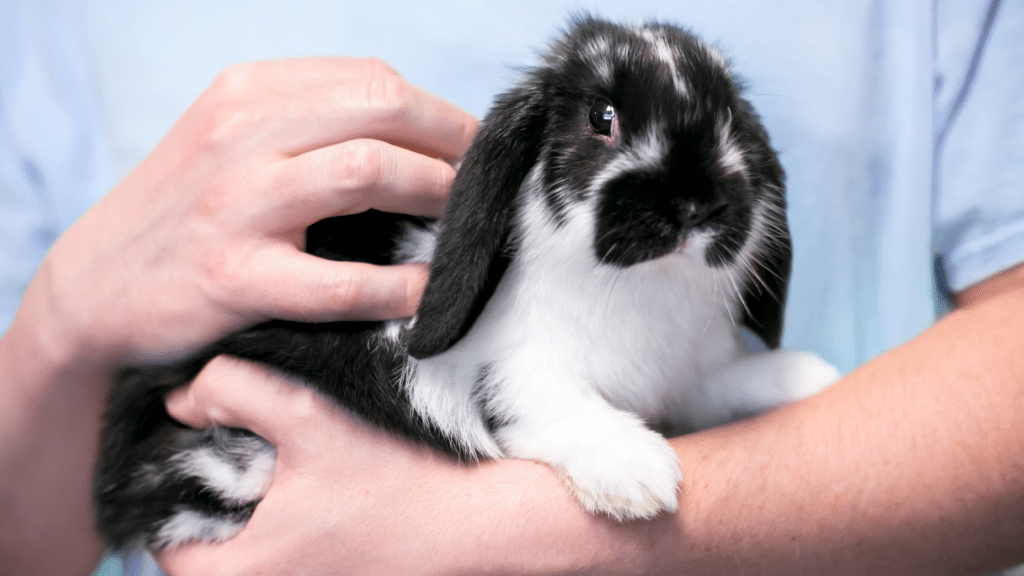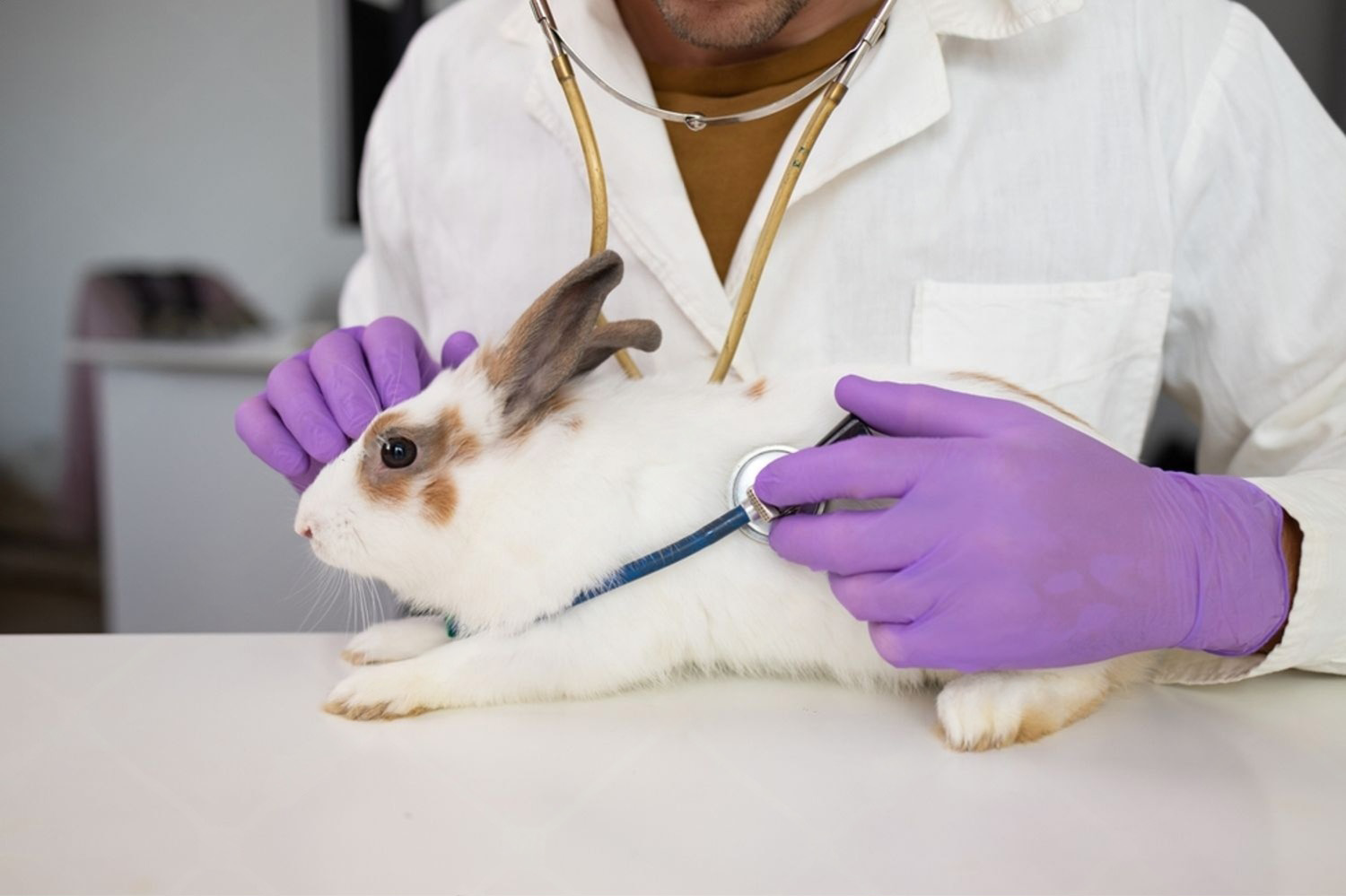Adopting a rabbit can be an incredibly rewarding experience, but it’s also a big responsibility. These adorable creatures come with their own set of needs, behaviors, and quirks that are important to understand before bringing one into your home. If you’re considering adopting a rabbit, here’s what to expect and how to ensure a happy, healthy life for your new furry friend.
1. Rabbits Are Social Animals
Rabbits are not solitary creatures—they are highly social and thrive on companionship. In the wild, they live in groups, and they will need plenty of social interaction with you (and ideally other rabbits). Be prepared to spend time with your rabbit every day, whether it’s playtime, bonding, or simply sitting together. If you don’t have time to bond with your rabbit regularly, consider adopting two rabbits to keep each other company.
2. Rabbits Need a Proper Living Space
When it comes to housing your new pet, think beyond a small cage. Rabbits are active and need room to hop, stretch, and explore. Ideally, they should have a large exercise pen or a rabbit-proofed room where they can roam freely. Make sure the area is safe and free from electrical cords, plants, and other hazards that rabbits may chew on. You should also have a cozy spot with soft bedding where your rabbit can sleep and feel secure.
3. Litter Training Is Possible (And Important)
One of the great things about rabbits is that they can be litter trained! It may take some time and patience, but with the right tools and technique, most rabbits can learn to use a litter box consistently. This makes keeping their living space clean much easier and allows them to have a designated area for their needs. Be sure to use rabbit-safe litter—avoid clumping cat litter, as it can be harmful if ingested.
4. Rabbits Have Specific Diet Needs
Rabbits are herbivores, and their diet plays a crucial role in their health. A rabbit’s primary food should be hay, which helps with digestion and keeps their teeth healthy. Fresh vegetables like leafy greens should also be part of their daily diet. Avoid feeding them iceberg lettuce, as it provides little nutritional value. Pellets can be given in moderation, but they should never make up the majority of their meals. Make sure your rabbit always has access to clean, fresh water.
5. Grooming and Health Care
While rabbits are naturally clean animals, regular grooming is still necessary, especially for long-haired breeds. Brushing your rabbit regularly helps prevent matting and reduces shedding. You should also check your rabbit’s nails and teeth periodically—overgrown nails and teeth can cause serious health issues. Additionally, make sure to take your rabbit for regular veterinary checkups. Rabbits need specialized care, so it’s important to find a vet who is experienced with them.
6. Rabbits Can Be Destructive (But in a Cute Way)
Rabbits love to chew, and it’s their way of exploring the world around them. However, it also means they might chew on furniture, cords, or other objects in your home. To prevent damage, rabbit-proof your space by covering exposed cords, blocking off access to areas you don’t want them in, and providing plenty of chew toys and safe items for them to nibble on.
7. Bunny-Proofing Your Home
Before bringing your rabbit home, it’s important to “bunny-proof” your environment. Ensure that dangerous items such as electrical cords, toxic plants, and small objects that could be ingested are out of reach. Use barriers to prevent your rabbit from accessing areas where they could get into trouble. Creating a safe space for your rabbit to roam freely will allow them to explore and stay healthy without the worry of getting hurt.
8. Rabbits Need Mental Stimulation
Rabbits are intelligent animals, and they need mental stimulation to stay happy and healthy. Provide them with a variety of toys and activities to keep their minds active. You can offer puzzle toys, treat dispensers, or tunnels for them to explore. Changing up their environment occasionally or introducing new challenges can keep them from getting bored.
9. Expect Some Behavioral Changes
Rabbits can be shy at first, especially if they’re new to your home. It may take time for them to adjust and get comfortable with you and their new environment. Be patient and gentle as you build trust. Once your rabbit feels safe, their true personality will shine. You might find that they enjoy cuddling, playing, or hopping around happily when they’re in a familiar environment.
10. Long-Term Commitment
Rabbits live an average of 8-12 years, so adopting one is a long-term commitment. They require a lot of care, attention, and love, but they can also bring joy, companionship, and fun to your life. Make sure you’re ready to commit to this responsibility before taking the leap.
In Conclusion: Adopting a rabbit is a wonderful and fulfilling experience that comes with its own unique set of challenges. With patience, care, and a little preparation, you’ll be able to provide a loving home for your new furry friend. Be ready for lots of joy, laughter, and bunny cuddles as you embark on this exciting journey together!




